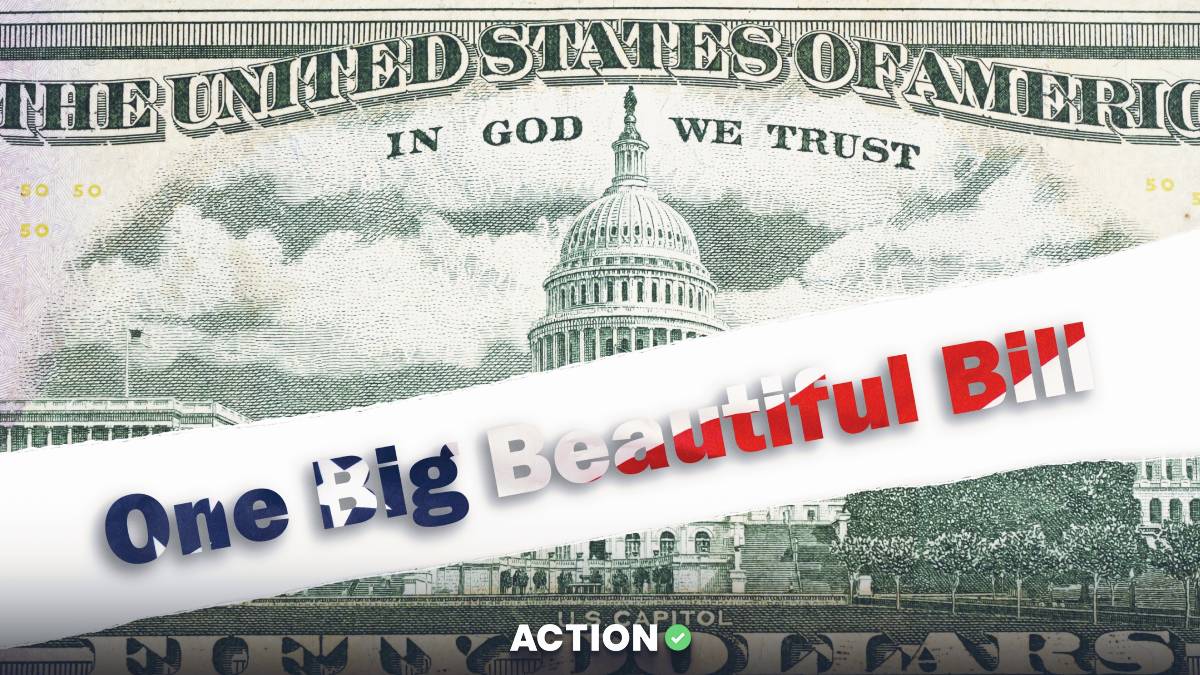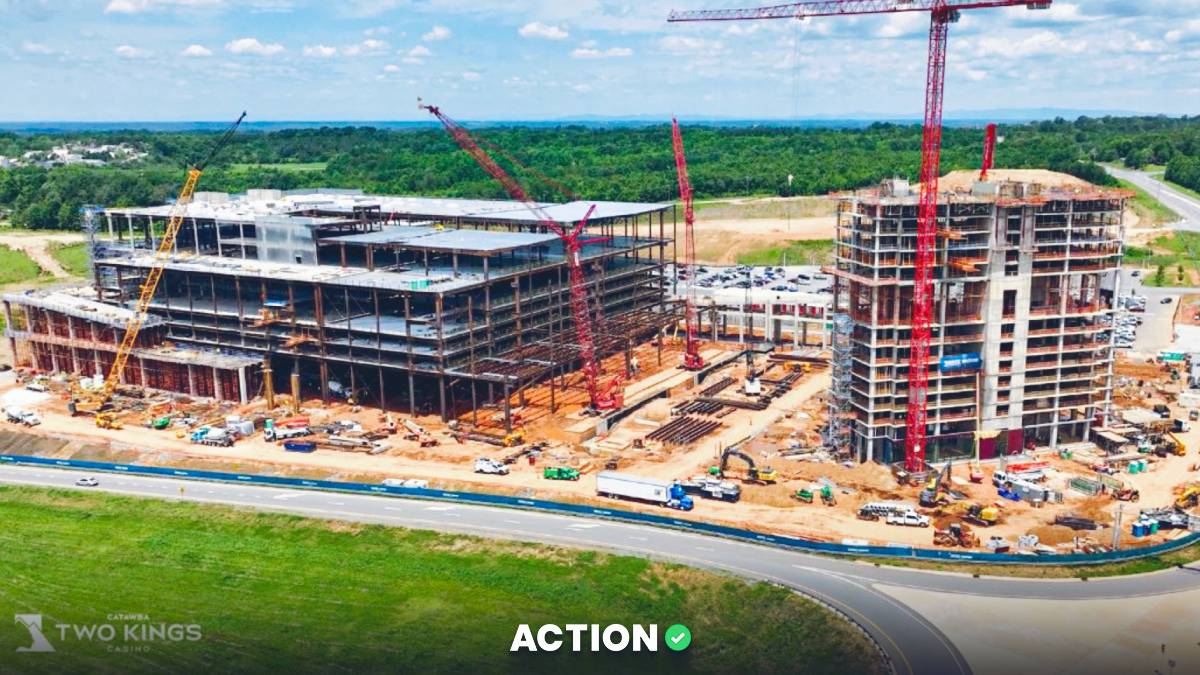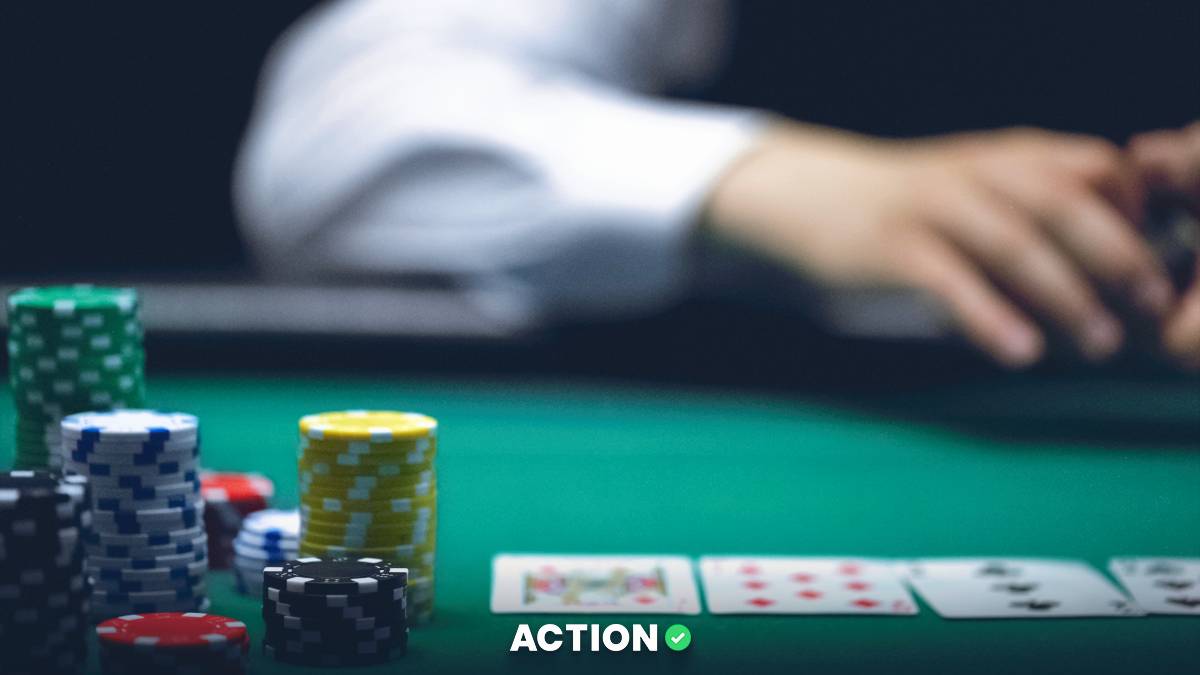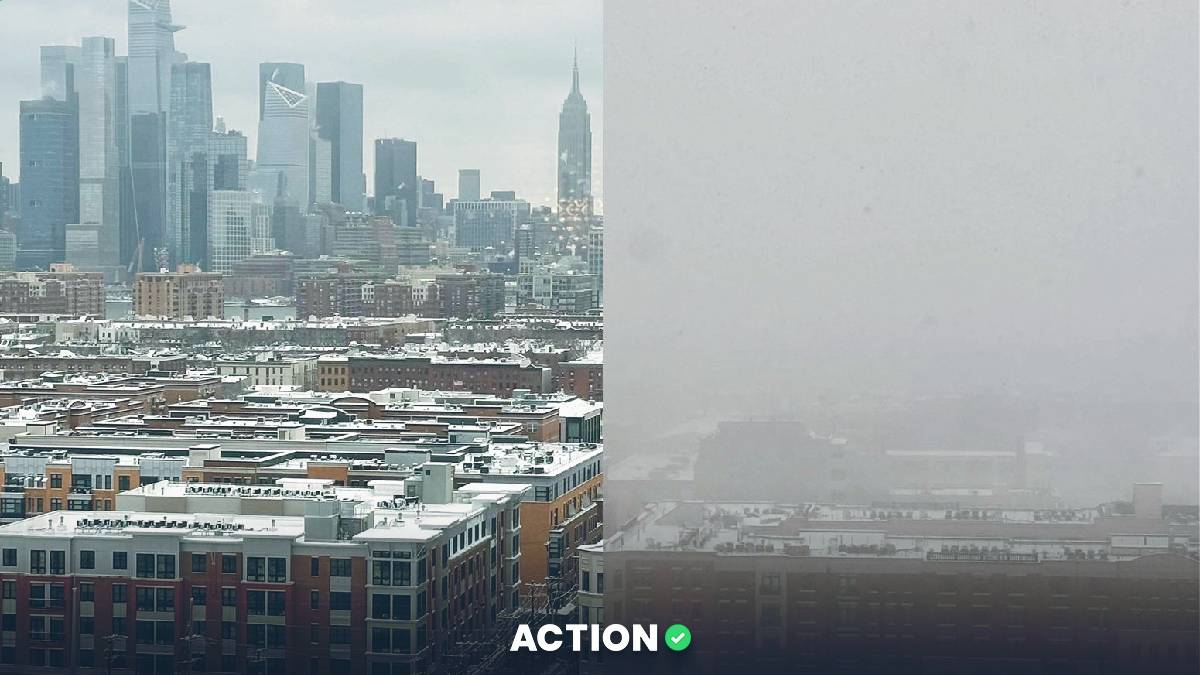If you've been waiting for the One Big Beautiful Bill tax changes for gambling losses to be reverted, you're not alone.
As Congress gets back to work, a big issue is on the table for gamblers and the gaming industry: changes to how much you can deduct for gambling losses on your taxes.
Right now, a fix to bring back the full deduction is stuck in the U.S. House of Representatives. This could affect everyone from casual players to professional gamblers.
Before this new rule, gamblers could deduct 100% of their losses from their winnings for the year, so they only paid taxes on their actual profits.
However, starting January 1, 2026, under the One Big Beautiful Bill Act (OBBBA), this will drop to 90%.
This means even if you break even — which means your wins are equal to your losses — you might have to pay taxes on what they call "phantom income," or profit that doesn’t really exist.
Why Does Changing The Gambling Tax Rule Matter?
When the One Big Beautiful Bill Act (OBBBA) was signed into law, it included a surprising change to how gambling taxes work, which stirred up some controversy.
Here's why the Big Beautiful Bill tax changes matter:
For casual gamblers, if you win and lose the same amount, like $10,000 over a year, you'd think you'd break even and not owe anything. But under this new rule, you might still owe taxes on $1,000 of that money.
For professional gamblers, such as poker players and sports bettors, this change can be a big problem. They often deal with lots of money, winning and losing large sums.
Professional poker player Phil Galfond has expressed worry that this change "could put an end to professional gambling in the US and also negatively impact casual gamblers."
Let's say a gambler wins $100,000 but also loses $100,000. Under the new rule, they can only claim $90,000 in losses on their taxes. This makes it look like they made a $10,000 profit, even though they actually didn't make anything.
With a tax rate of 24%, they would have to pay $2,400 in taxes on that imaginary profit. This could make life tougher for professional gamblers because they'll pay taxes on money they didn't actually keep, thus raising their costs and financial risks.
Legislative Efforts to Revert the Big Beautiful Bill Tax Changes
Lawmakers from both the Democratic and Republican parties are working on the Big Beautiful Bill tax changes for gambling losses. This includes Nevada Rep. Dina Titus, who has introduced bills like the FAIR BET Act.
But there is also Sen. Catherine Cortez Masto's FULL HOUSE Act, and the Winnings And Gains Expense Restoration Act of 2025 (WAGER Act), sponsored by Kentucky Congressman Andy Barr.
These bills aim to bring back the full 100% deduction for gambling losses. This would help both casual and professional gamblers avoid extra taxes on money they didn't actually earn.
Congresswoman Titus explained that her FAIR BET Act is designed to fix the Big Beautiful Bill tax change, allowing gamblers to fully deduct their losses so they aren't taxed on money they never won.
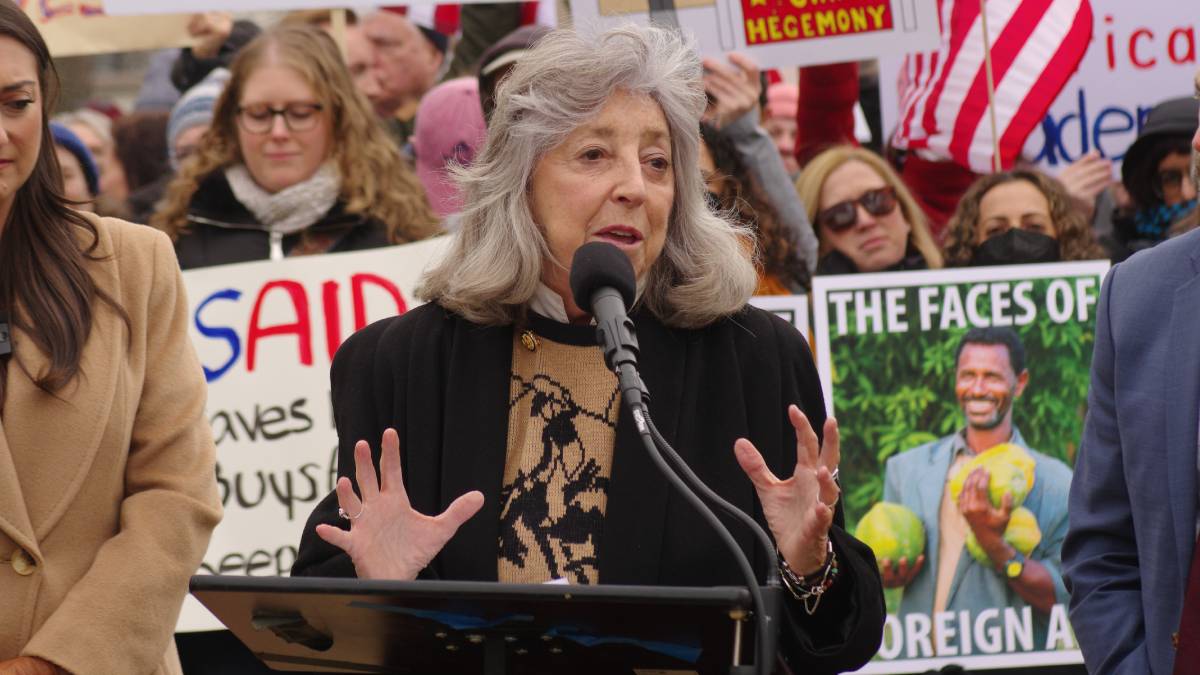
Timelines for Fast-Tracking a Repeal of the One Big Beautiful Bill Provision
But fast-tracking a repeal may sound easier than it actually is.
| Step | Timeline (Fast-Track) | Hurdles |
|---|---|---|
| Bill/Amendment Introduced | Immediate to a few days | Needs sponsor, leadership approval |
| Committee Consideration | Can be bypassed for tax bills | Still can stall if not prioritized |
| Floor Debate & Vote | 1-2 weeks if prioritized | Subject to debate limits (Senate rules) |
| Senate – Reconciliation | 10-20 days once scheduled | Byrd Rule & majority needed |
| President Signature | Immediate to 10 days | Risk of veto |
Fast-tracking the repeal of the Big Beautiful Bill tax changes would still require Congress to pass a bill, but some expedited procedures and hurdles are unique to federal tax or budget changes:
If included in a broader tax package (like budget reconciliation), the timeline can be as short as a few weeks, especially if congressional leadership prioritizes the measure.
Ordinary tax bills often take months or more to move through committee and floor processes.
Expedited action can occur at year-end or during budget cycles if lawmakers use “must-pass” legislation as a vehicle.
Using reconciliation, only a simple majority in the Senate is required, and the process is limited to one bill per fiscal year impacting budgetary issues.

What's Next For the Big Beautiful Bill Tax Changes for Gambling Losses?
While the 119th Congress's first session will conclude on December 19, the second session will start in early January, after the holiday break.
While there's support for these restoration efforts, no final action has been taken yet due to congressional gridlock and recent government shutdowns. Without a change in the law, gamblers and the industry should prepare for this deduction cap to start affecting the 2026 tax year.
Unless Congress moves forward with one of the proposed bills, the deduction change is set to come into effect, potentially costing the gaming sector billions. As it stands, stakeholders are urging Congress to act, but there's no clear timeline for when this might happen.


